Navigating the ‘hidden curriculum’ as a graduate student with disabilities
Community and mentorship are critical for supporting the success of graduate students with disabilities.

The number of students with disabilities registering with campus accessibility offices for accommodations is increasing at universities across Canada. As higher education institutions cast a wider net in their recruitment strategies, we are seeing increasing diversity in the demographic make-up of postsecondary students, which includes those who come to graduate studies from a multitude of cultural, educational, and socio-economic backgrounds. Given this, and the diversity that occurs within types of disability, and their potential impacts on academic success, students need to be met with diverse service offerings, rather than one-size-fits-all accommodations that fail to take students’ resilience and self-determination into account.
The “hidden curriculum” embedded within higher education reinforces oppressive social norms (e.g., colonialism) by advancing unwritten rules, values and expectations that exclude already marginalized groups. Particularly within graduate education, these unwritten rules are rarely communicated directly, so resource navigation and the translation of academic vernacular and even expectations are often unclear. Because graduate students experience distinct challenges that most of their undergraduate counterparts do not, such as juggling their studies alongside a career and/or family responsibilities, navigating these unwritten rules adds to an already heavy load, and balancing multiple responsibilities can make it more difficult to feel connected. Further, some graduate students are returning to a postsecondary environment after several years and may need to learn or re-learn the expectations.
In order to gain access to the “hidden curriculum,” graduate students with disabilities can benefit from relationships with institutional agents. These people are individuals with “status, authority, and control of resources in a hierarchical system…[who] act as agents when they use their status, authority, or resources to enable another person to gain access to their high-status setting or related networks of opportunity.” (Dowd et al., 2013).
Faculty members are well positioned to act as mentors and institutional agents, particularly for students with disabilities as they transition to graduate school, which is crucial to the development of their identity as a graduate student. Identity development is closely related to the notion of performance, with mentor relationships providing a safe space for identity rehearsal and the development of a multitude of professional skills. Through positive interactions with faculty members, graduate students gain valuable lessons in “risk-taking behaviors of dealing with failure, communication skills, political skills and socialization (such as how/where to get jobs, politically appropriate behaviors, inside information about people in power, and learning about the organization’s values).” (Dollarhide, 2007).
My educational experience has had a non-linear trajectory, largely due to limited awareness of the available supports and how this impeded my ability to be successful. By the time I began postsecondary studies in my mid-20s, I had learned how to seek out those resources and as a result of my interactions with various programs within the university, I continued to develop my ability to advocate not only for myself, but for others as well. While I did not use accommodations for the first two years of my degree, this support was utilized for the latter half. This provided an acute awareness of the transformative shift that takes place when you discover what it is like to operate from a level playing field.
When I transitioned to being a master’s student, I did not find the accommodations I had used in undergraduate to be necessary, largely because graduate students have more autonomy and freedom in how to learn and apply new concepts to their practice, so things like flexibility with assignments are universal norms rather than the exception. However, this novel environment is still fraught with other barriers I sometimes need help to overcome from time to time, particularly as a first-generation graduate student. The support and guidance of faculty mentors in my department has made possible everything from writing a statement of intent to digesting hundreds of institutional webpages in an effort to fully understand what I am taking on so that my transition to a PhD is successful – even with my background as an academic adviser and lived experience navigating these systems.
Overall, the current literature on the disability identity and academic success of students with disabilities identifies several barriers to academic success, but also an equal number of protective factors and positive sources of motivation. Among the latter lies opportunity for collaboration between (and amongst) graduate students with disabilities, faculty and staff to support students’ success in graduate school and develop skills that will transfer to their future careers.
Featured Jobs
- Engineering - Assistant Professor, Teaching-Focused (Surface and Underground Mining)Queen's University
- Director of the McGill University Division of Orthopedic Surgery and Director of the Division of Orthopedic Surgery, McGill University Health Centre (MUHC) McGill University
- Soil Physics - Assistant ProfessorUniversity of Saskatchewan
- Canada Impact+ Research ChairInstitut national de la recherche scientifique (INRS)
- Anthropology of Infrastructures - Faculty PositionUniversité Laval


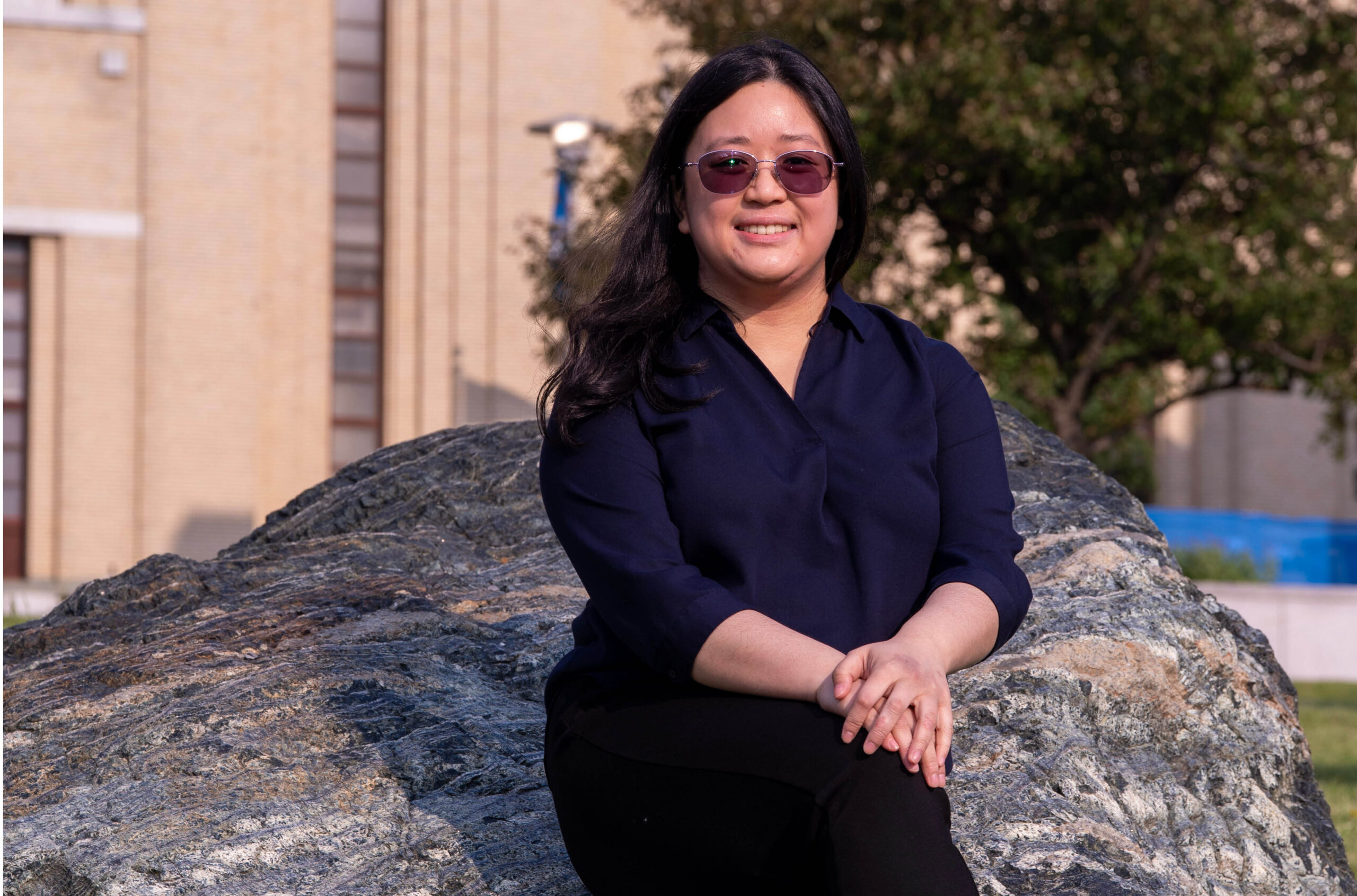

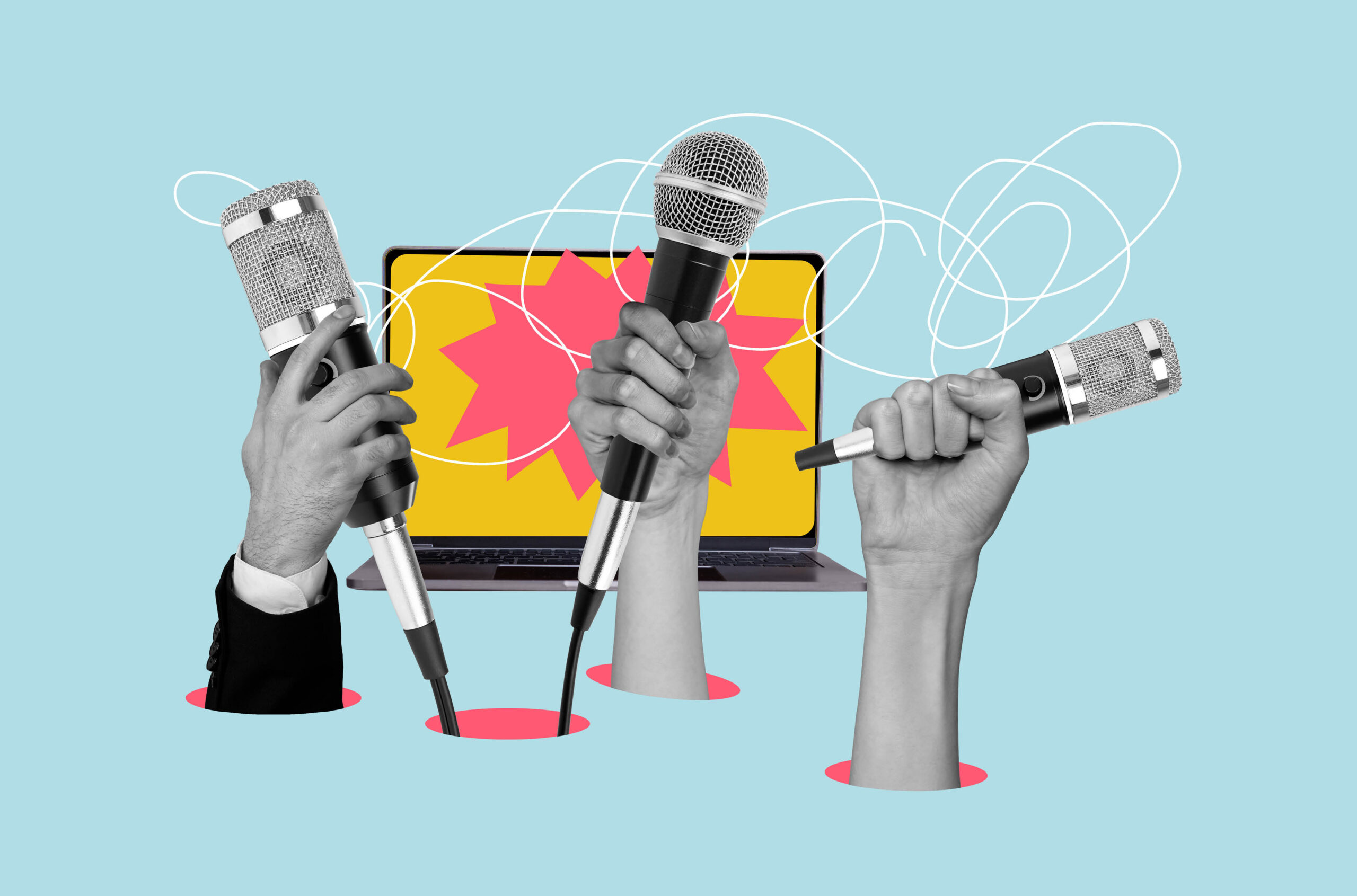

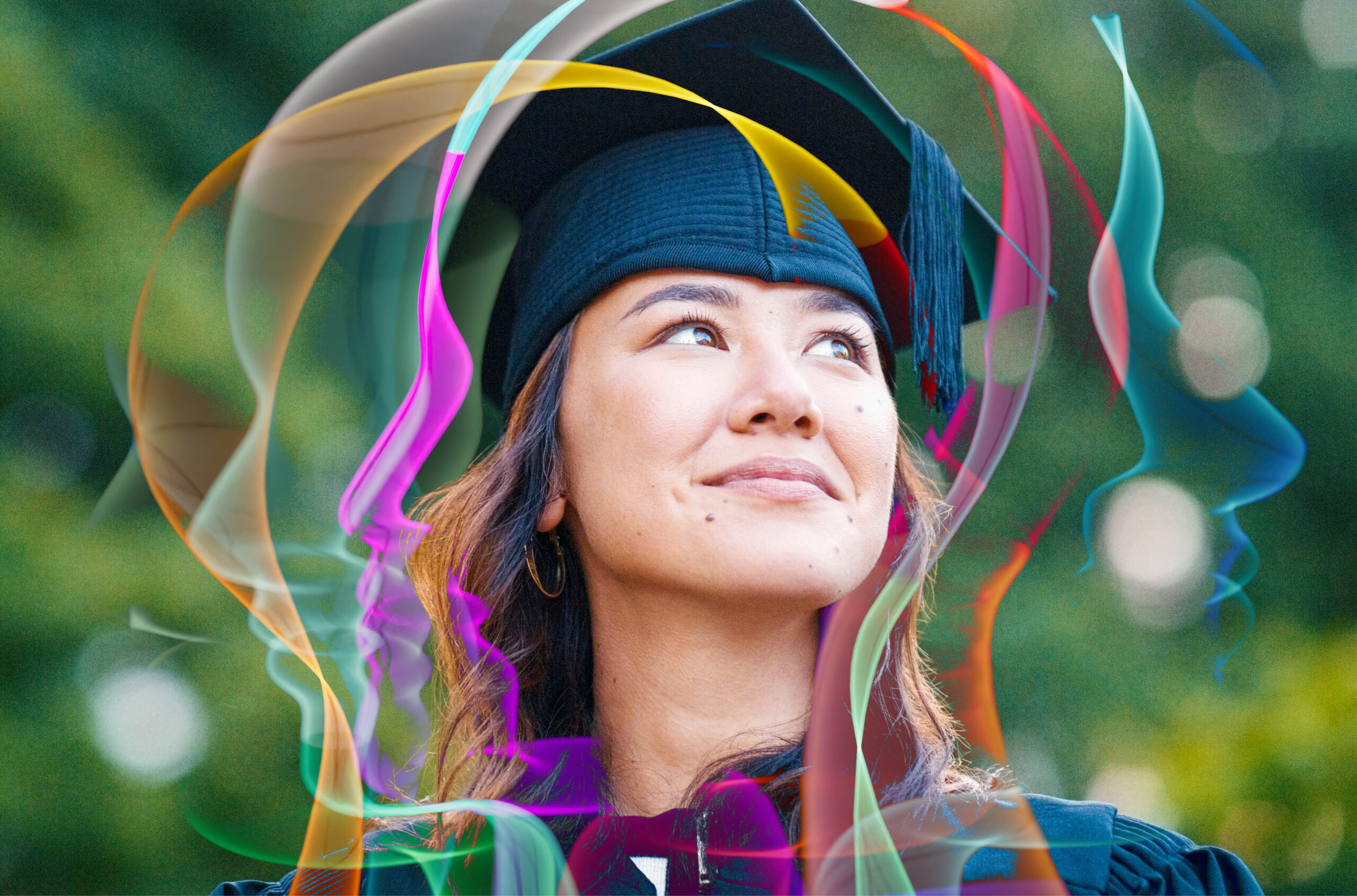
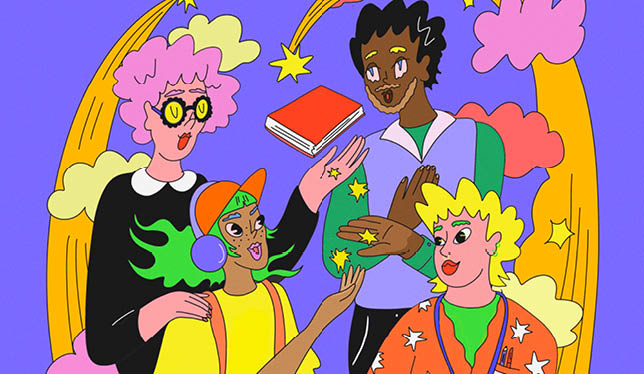
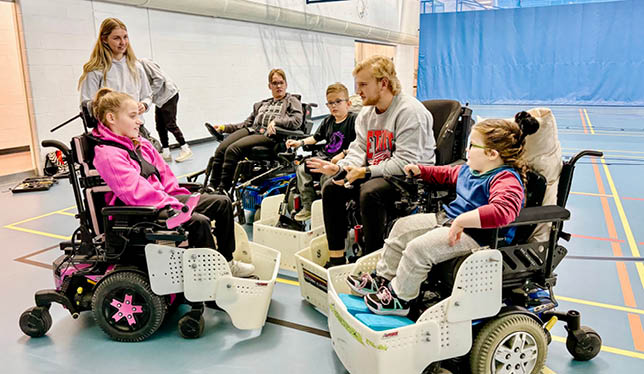

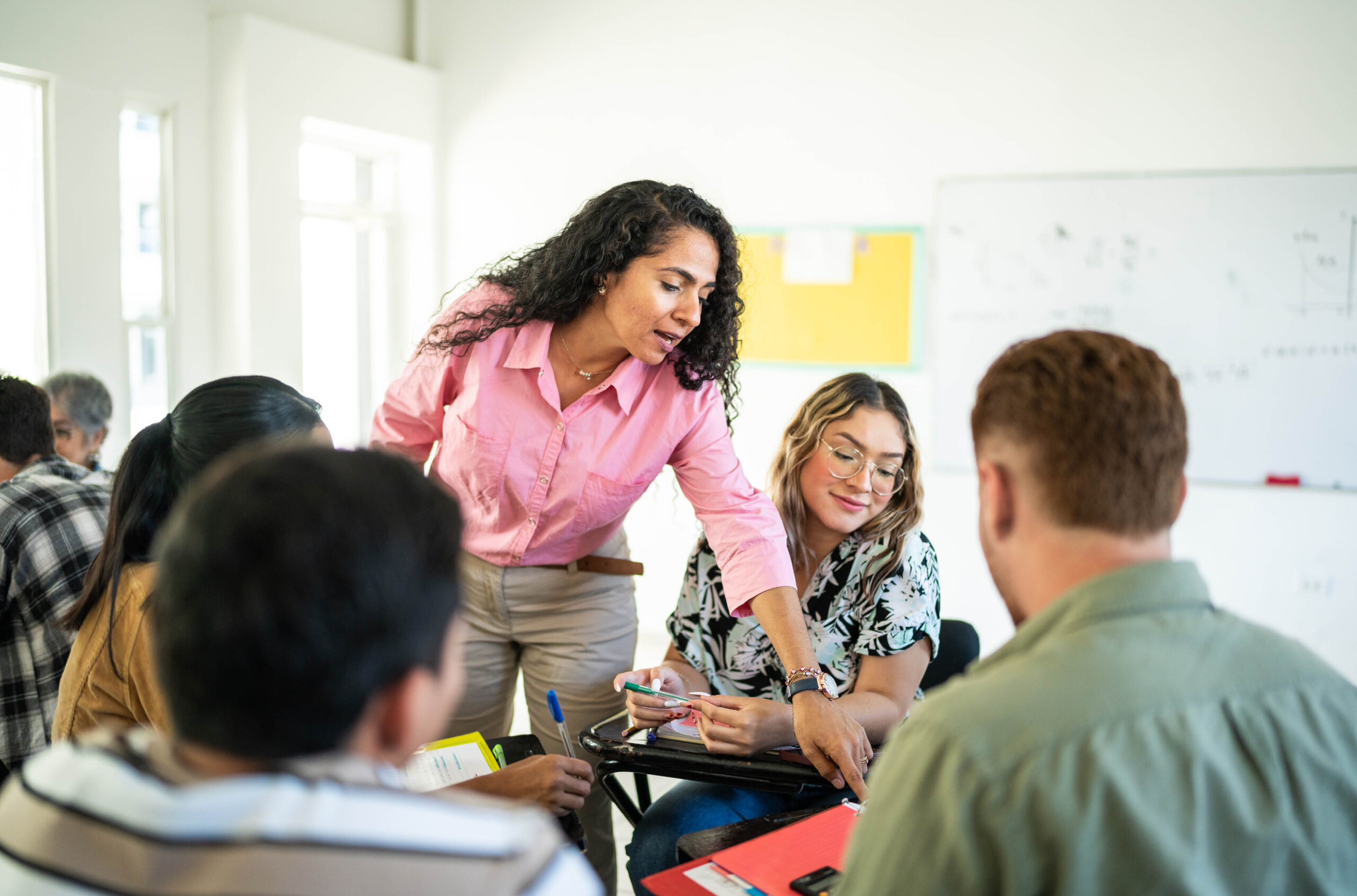

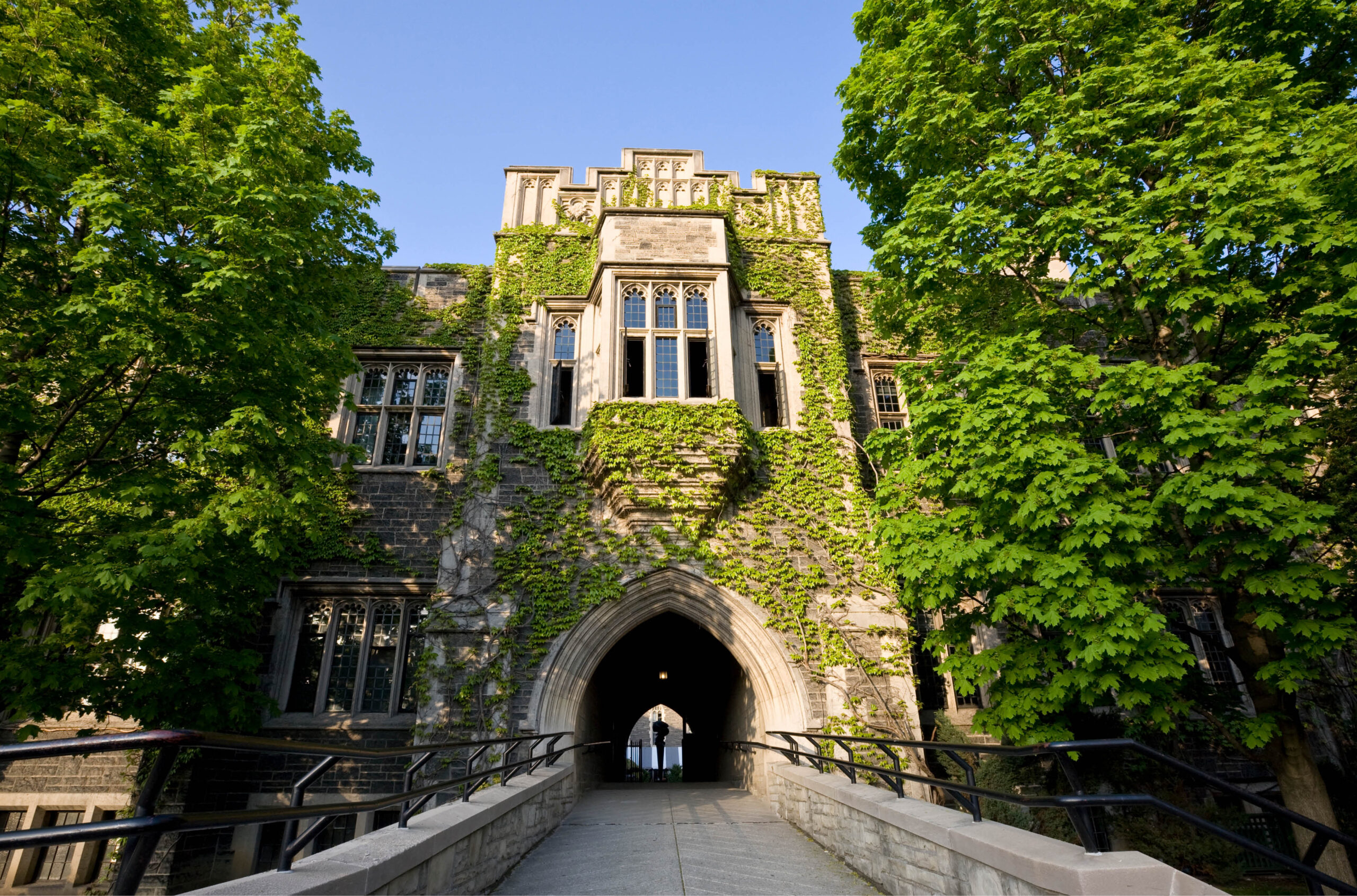

Post a comment
University Affairs moderates all comments according to the following guidelines. If approved, comments generally appear within one business day. We may republish particularly insightful remarks in our print edition or elsewhere.
4 Comments
This piece is very valid and relevant. I work in the Caribbean and the experience is the same. Many of the undergrads do not return for postgraduate study even as they experience difficulty in finding employment. Food for thought.
Thank you for your comment, Jacqueline, and for sharing your experience. I am hopeful the increasing dialogue about the barriers to higher learning (in Canada and abroad) will lead to more inclusive policies that hold space for students from all walks of life to be successful academically and allow everyone equitable access to opportunity.
Thank you, Erin Anderson for a marvellously insightful piece.
As a person living with invisible disabilities (hearing impairment, learning challenges), it took many years to learn ways of effectively navigating the higher education system and work world. The article’s takeaway point about developing skills that transfer to future careers identifies an absolutely critical component of support systems. While these systems within higher education are far more advanced than they were in the 1980’s when I began studying for my first degree, the same cannot be said of workplace landscapes. These are far more varied and often less supervised than institutions of learning and research. Until this changes, students must develop an understanding of how to self-advocate, and unfortunately, how to choose wisely when self-advocacy is not enough. Of course the need to educate and develop partnerships to promote change (institutional, legal and personal) remains an ongoing challenge.
Shirra Freeman, Ph.D.
Thank you for your comments, Shirra. Having worked in industry, I agree with your point about the landscape of work being even less accessible than postsecondary institutions in most cases. When I made the decision to dedicate my career to serving students within the context of higher education, it was in large part because of the opportunities I see for higher ed to activate and lead societal change, however, as you mention, we still have a long way to go (especially as we begin to collectively recover from the pandemic while grappling with social and political unrest, budget cuts, etc.) By sharing our experiences and focusing on that which is within our own spheres of influence, I wholly believe it is possible that our struggles can lead to a more inclusive future within education.